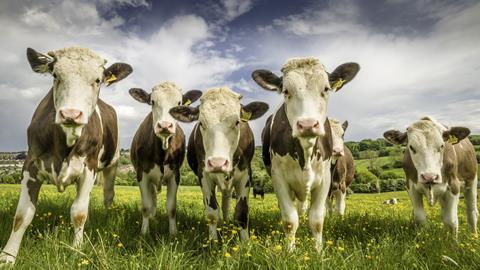
Coronavirus has dialled down the relentless drone of anti-red meat sentiment. Seeking sustenance, and craving comfort, many Brits have opted for the security and familiarity meat offers. Total spend on beef during the 12-week period ending 17 May, for instance, increased by 26.9% on 2019. High street butcher shops traded particularly strongly, their sales increasing by a hefty 49%.
Perfect timing, then, for next month’s launch of Sacred Cow, a US book that provides a coherent, robustly researched case for why well-raised meat is good for both human and planetary health. The authors – Diana Rodgers, a “real food’” nutritionist, and Robb Wolf, a former research biochemist – probe the moral, ecological, and nutritional quandaries we face in eating animals, and cogently argue that eliminating them from our food system would cause more harm than good.
In the nutrition department, they provide a detailed case, down to the last amino acid and micronutrient, as to why meat and animal fat are essential for human health. On the ecological front, they remind us that 60% of the world is too steep, arid, or rocky to support any food production that isn’t livestock-based. A sustainable food system, they argue, cannot exist without animals. We need them to create soil fertility and an environment that supports wildlife.
They explain that methane claims against cattle have been hugely overblown. While plant-based propagandists have put it about that livestock clock up 18%-51% of US greenhouse gas emissions, the correct figure is 3.9%. Worried about all that food cows steal from human plates? Actually 86% of global livestock feed is made up of materials that are inedible to us humans.
Rodgers and Wolf flesh out the phrase “It’s not the cow. It’s the how” by specifying the crucial differences between “regenerative” and “extractive” farming methods, between continuous grazing systems (less desirable) and managed grazing (more desirable).
The anti-meat narrative has been tiresomely crude in recent years, yet when it comes to the crunch, a strong underlying public appetite for meat emerges. This landmark book shows us how to feed that need, but in a progressive and wholesome way.







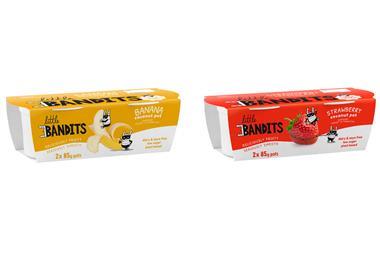
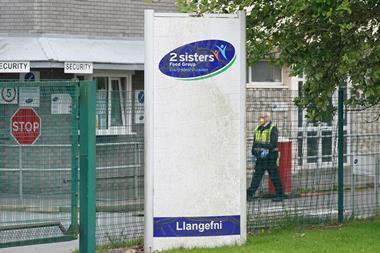
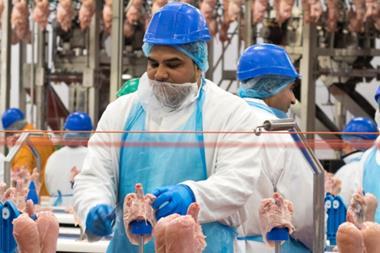
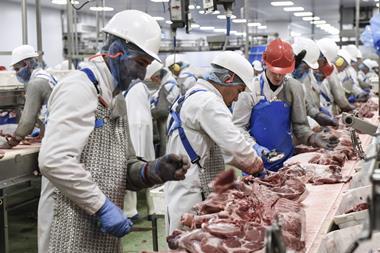
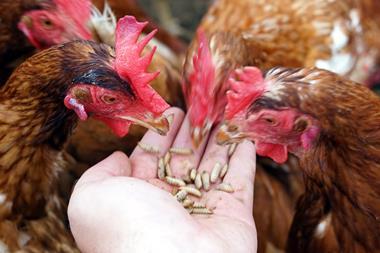
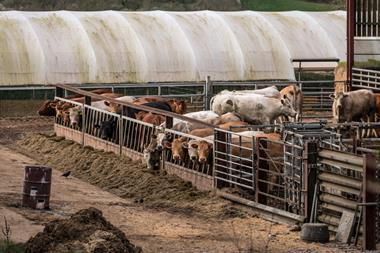
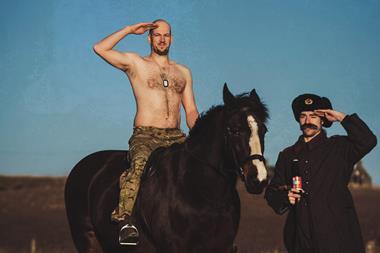





No comments yet